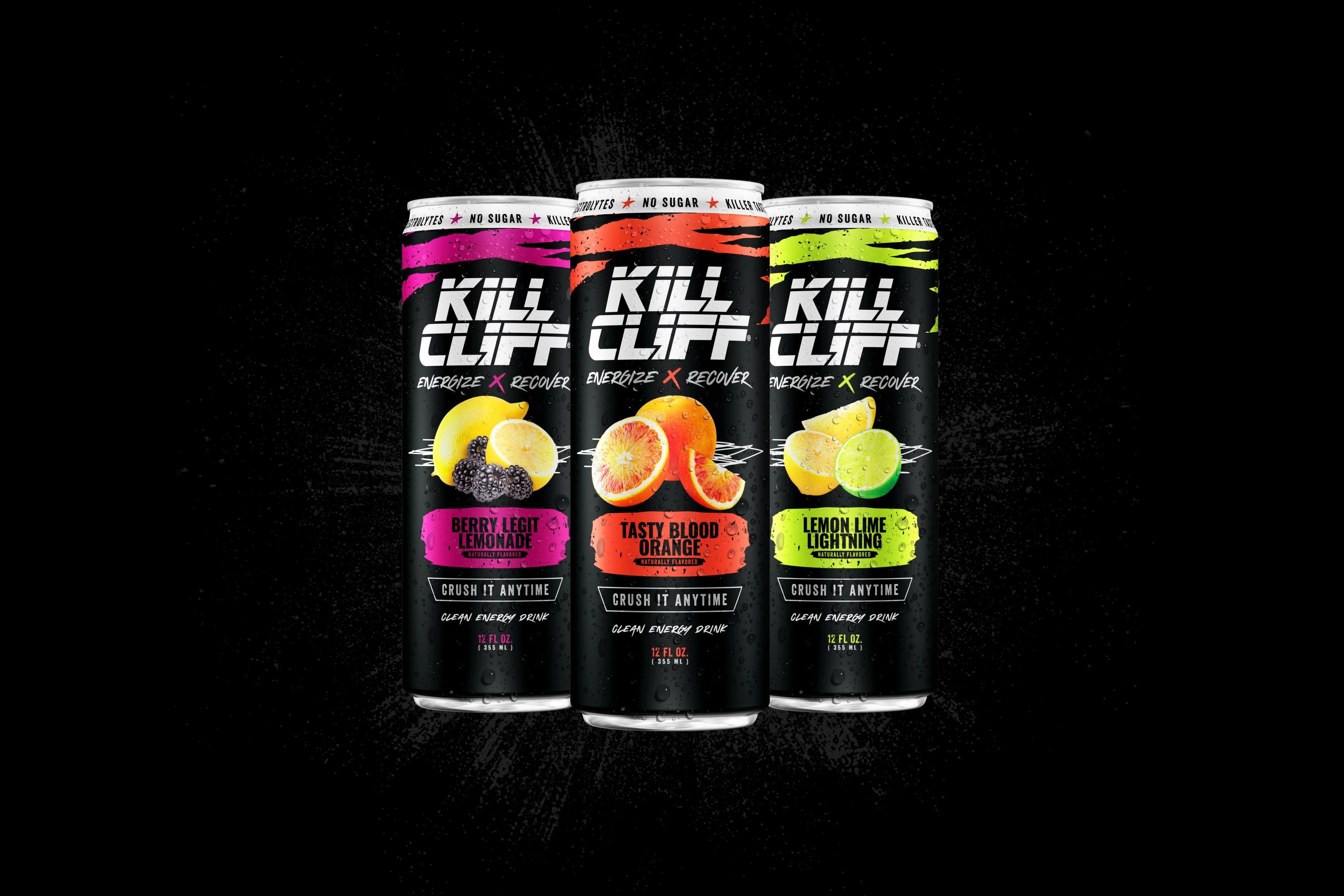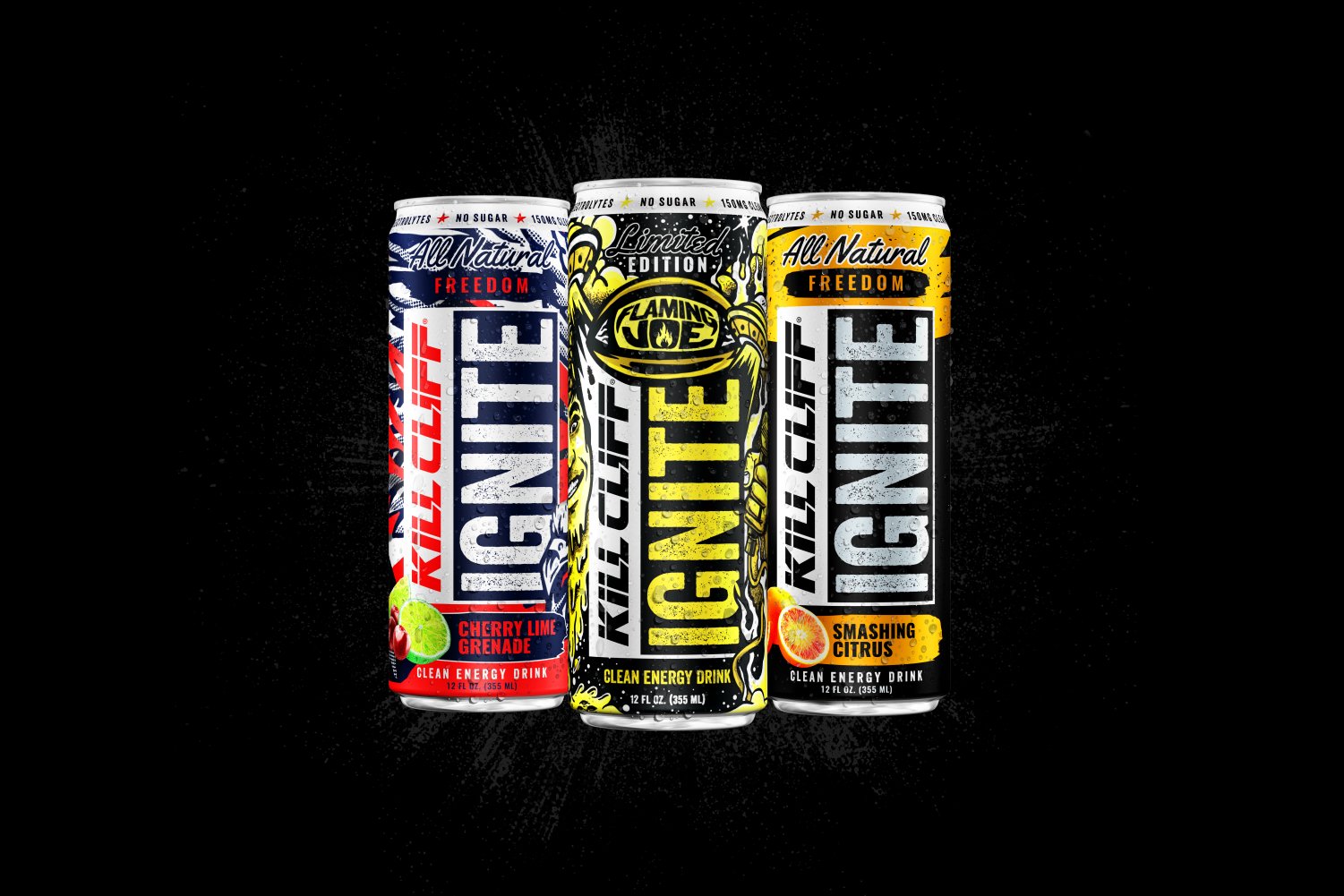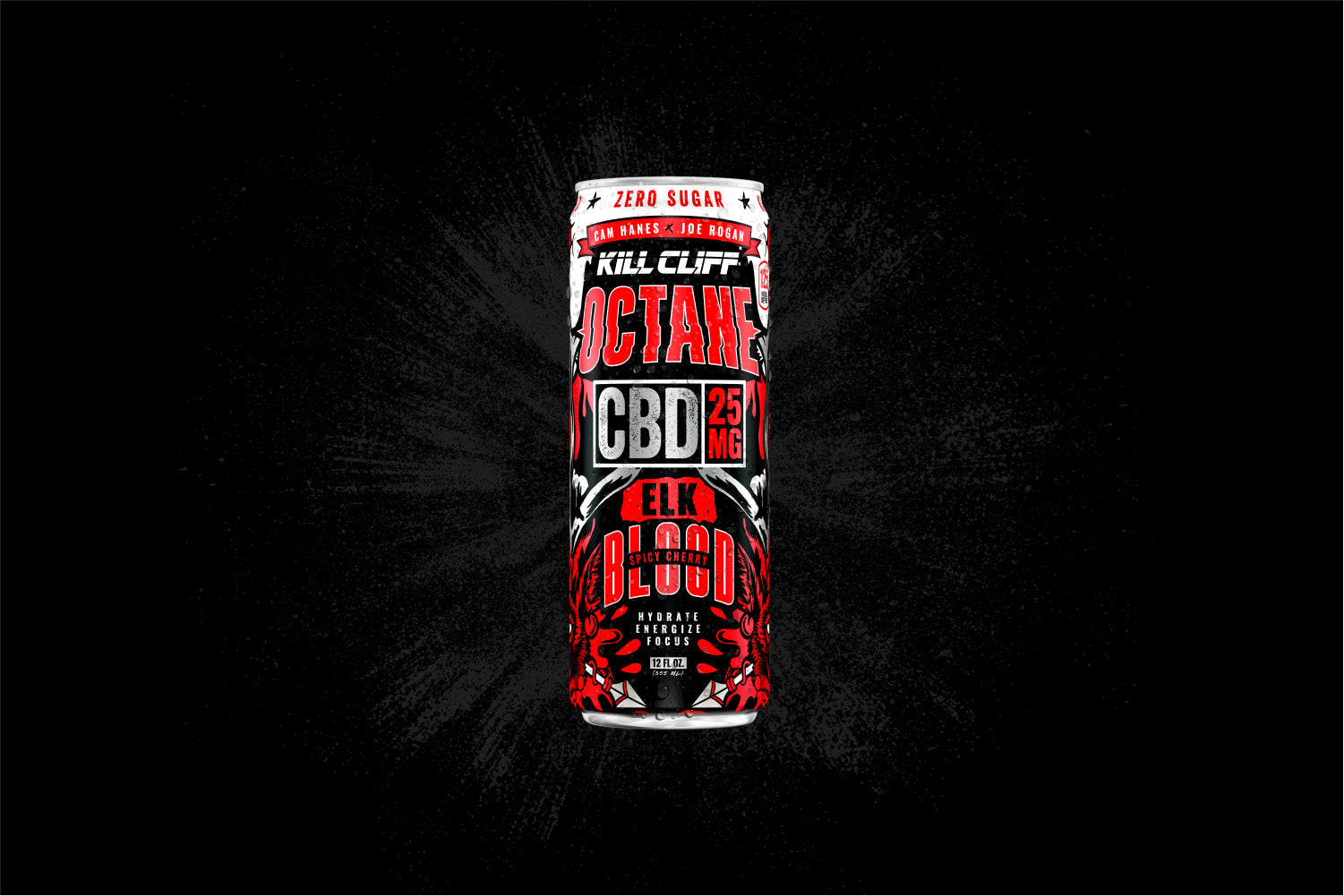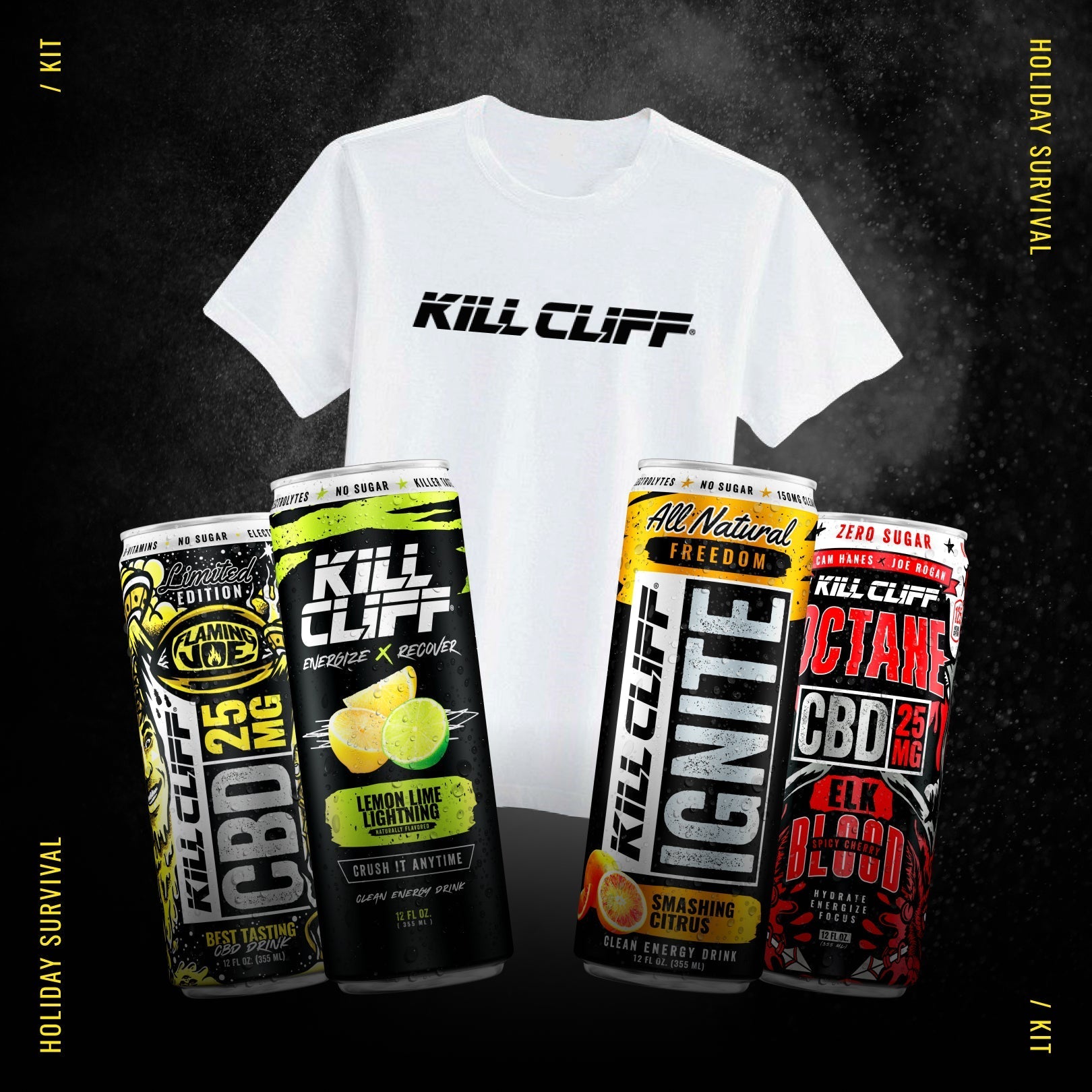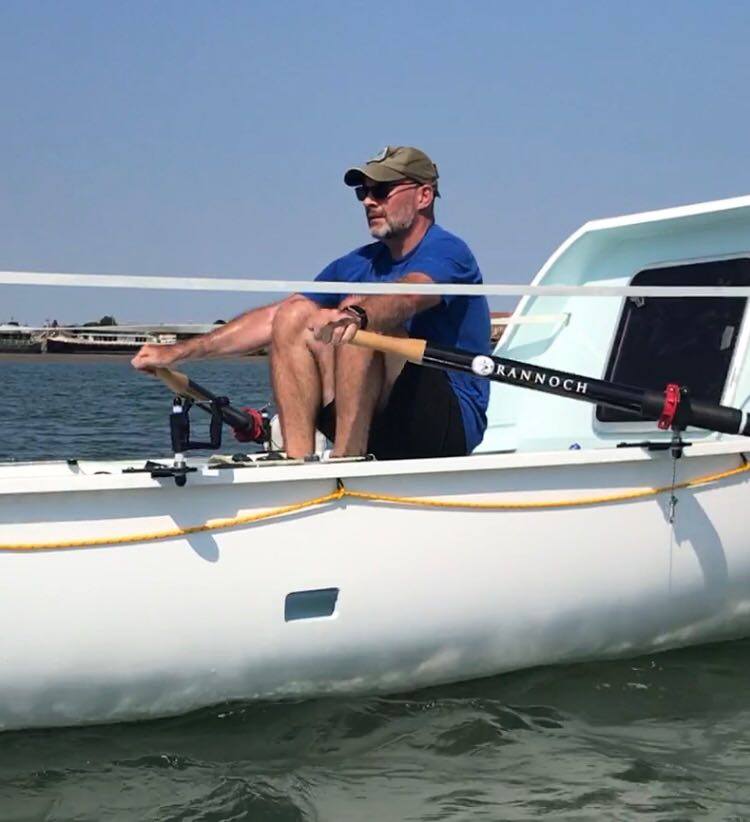
Tim Crockett has plenty of experience out on the water, as he served in the Royal Marines Special Boat Service, but there's not much he could do to prepare for the challenge he's currently attempting. Crockett is currently rowing across the Atlantic Ocean, also known as the Talisker Whisky Atlantic Challenge, to raise awareness and education around mental health.
Crockett is currently attempting this 3,000+ mile challenge with Team "Tame the Kraken", which is comprised of only himself, in honor of a veteran friend that took his own life. We caught up with Tim on his journey across the Atlantic to hear more his inspiration, the story behind his team name, and more. Check out the interview below.
To follow along with the rest of Tim's journey, you can visit https://www.tamethekraken.org/ or follow him on Instagram, Twitter and Facebook @tamethekraken.
KC: What was the inspiration behind this challenge?
TC: It was about two years ago that I reconnected with someone I had served with in the Marines years ago, on social media only to learn six weeks later that he had taken his own life and had been suffering from PTSD pretty badly. It was then I knew I wanted to do something but didn't know what that would be. I came across ocean rowing and this particular challenge and thought that’s what I’m going to do.
KC: What’s the story behind the name “Tame the Kraken”?
TC: The story of the Kraken has its roots in Nordic methodology as this giant sea creature that has the power to drag large ships and crew down to the depths of the ocean. As this is a maritime challenge it seemed the right fit and my analogy is that The Kraken is mental health in it’s widest sense so ‘Tame the Kraken’ speaks to the campaign and our efforts to beat mental health disorders.
KC: What’s been the most difficult part of your challenge so far?
TC: There have been many challenging aspects, and each one on its own may not be all that bad but when you start to layer them on top of each other these challenges such as exhaustion, sleep deprivation, poor weather, equipment failures and darkness the ‘challenge of the moment’ can seem overwhelming especially when you’re alone in the middle of the Atlantic. However, that said this has been also one of the most eye-opening aspects as what I just described is probably the closest one can get to experience what someone struggling with a mental health condition may be experiencing.

KC: Did you do any sort of preparation before you began this challenge?
TC: I’ve been preparing specifically for the challenge over the past 18 months doing research, training physically, getting the boat and equipment together, taking mandatory safety courses etc. But I also have 12 years worth of prior military experience in the Royal Marines and Special Boat Service so I’m comfortable in the environment it was more about training and preparation specifically for rowing an ocean solo.
KC: For people that may not be too familiar with PTSD, what would you want them to know?
TC: I’m not a medical professional so I won’t attempt to define or describe what PTSD is but our campaign covers more than just PTSD, specifically when it comes to mental health amongst our veterans. But like any other illness, it is treatable so I feel for our campaign it’s more about continuing the conversation in general, bringing awareness to the problems that exist and hoping to help break down the stigma surrounding mental health. Also, to highlight that you also don’t need to be a medical professional to help, asking someone (a veteran) if they’re ok and then listening can have a huge positive impact. The importance of human contact and support is very important and often overlooked and that is something this experience across the Atlantic solo has taught me.
KC: What kind of things have you learned during your journey across the Atlantic?
TC: I’ve learned a great deal while out here on the water, as I mentioned above the importance of support in many forms. I found new depths of physical endurance and how a positive mental attitude can drive a person on but with over 700 nm still to go I’m sure there may be a few more lessons to come.
KC: What does Kill the Quit mean to you?
TC: My idea of killing the quit is with the right attitude and support, the thought of quitting should never exist.
